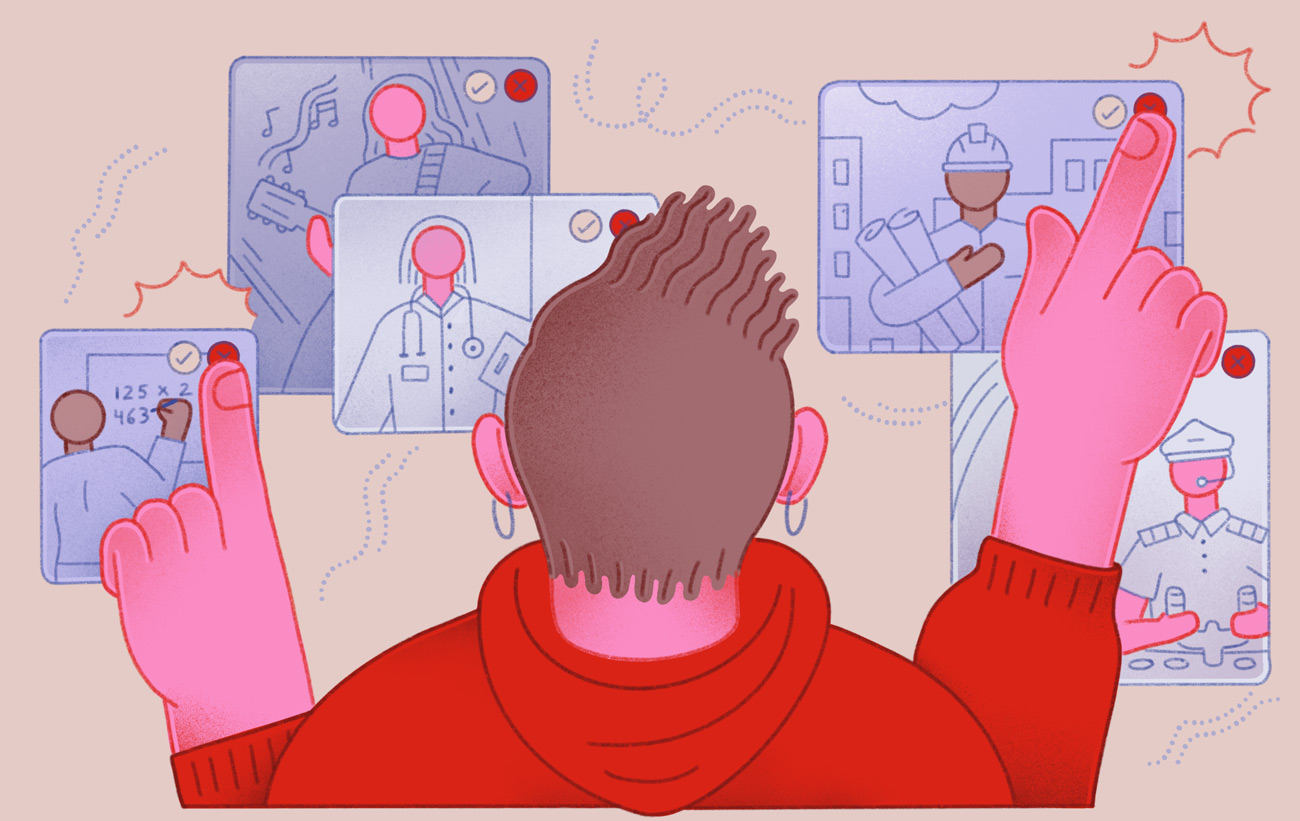

It seems that the sixteen-year-old is reflecting on the path that he will follow after high school. In one, he talks about the choice of the specific subjects of the baccalaureate, in the other, of the administrative steps that he will have to perform, without questions, through the statement, and if he gets his nose too cold, “in any case, the form of Parcoursup will have to be completed before this date,” he says calmly.
Now it's called Parcoursup the teacher of the future. It is a website managed by the French Ministry of Education. Thus, in the same year prior to high school, students have the opportunity, firstly, to obtain information about the curricula and training that may be available; secondly, to choose and where they want to stay behind the low; thirdly, to know where they are on a waiting list; and, finally, to know whether or not they are on the waiting list. Now they are the same ways and the same procedures for everyone. Everyone has the same level of information. And in theory, everyone can choose what they want. In other words, students do not now have to go through universities to be informed or registered through the reports. This is a breakthrough, a system that has received many criticisms and which, at least, focuses the whole process in the same place.
However, the system shows dark differences. Although it seems he doesn’t care about his children, he always asks the question “what would you want to be then?” to young people who are only sixteen years old and puts their eyes on the horizon. In the case of Anitz, he has several ideas: “What tests will I choose? What subjects will I learn as a matter of priority, not to stay, that is, to retain in my favour all the possibilities that I can? What are the studies, the themes, the jobs that I can afford? Who am I not too bad for? Which is not too karyotic?”
Perhaps we had promised not to encourage ourselves to choose our children as soon as possible, to leave them free and to be calm.
In addition, they submit to the sentence of “being received” and “being rejected”, to know if someone wants, and place them in front of themselves that are not so defined, questioning the trust they do not have in them.
On many occasions, they will choose and analyze a project that has nothing defined, almost without the work experience or knowledge they have.
Above all, the selection continues, depending on the results, the social level, the geographical situation. Equal opportunities are relative.
At the age of sixteen or seventeen, we knew nothing, and the lamentations that ate us were light and rare: except when we were asked what work we would do later. As if I had to choose immediately, we were disturbed then by those around us, because we had no idea about it, because we knew that we could not afford anything, especially because choosing something meant giving up many other things, and we feared even having no way back. Sometimes we would choose it based on what the others told us.
Perhaps we had promised not to encourage ourselves to choose our children as soon as possible, but we would leave them free and calm. It’s not for us, but it’s not happening like this… We’ll have to try to keep quiet, at least, so that the form doesn’t be filled as you hear us.